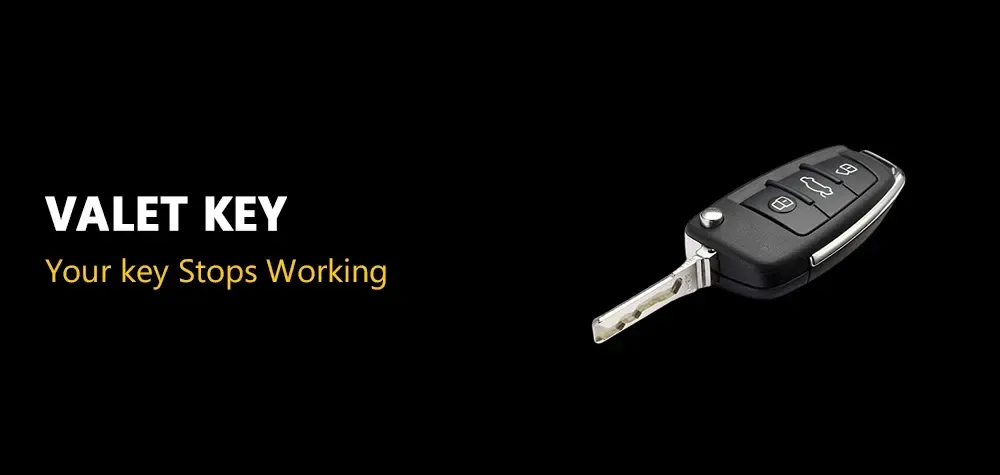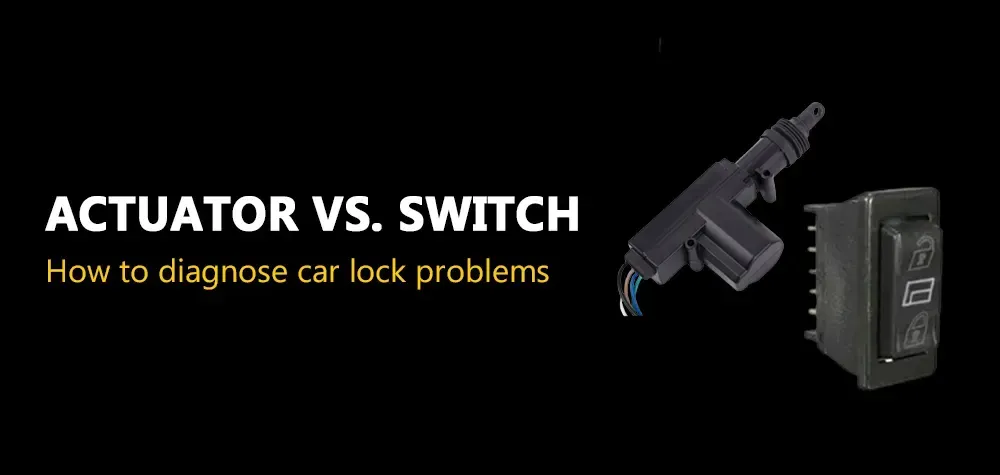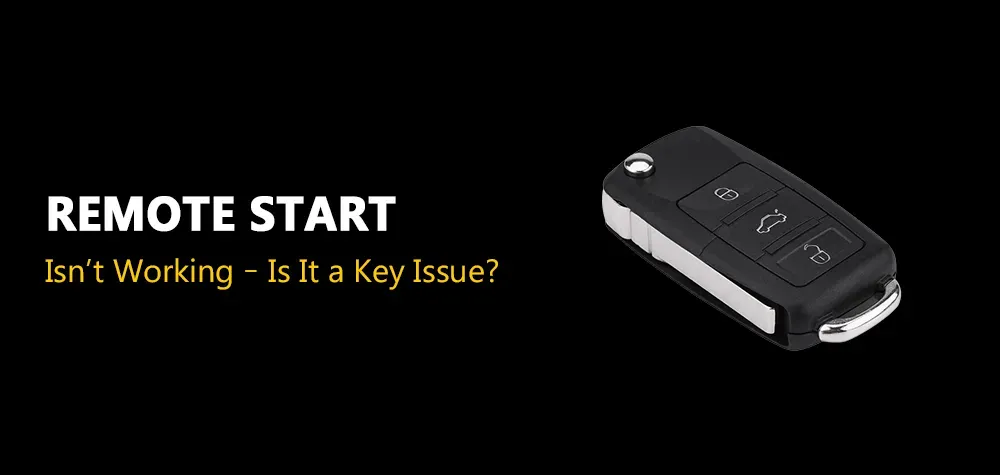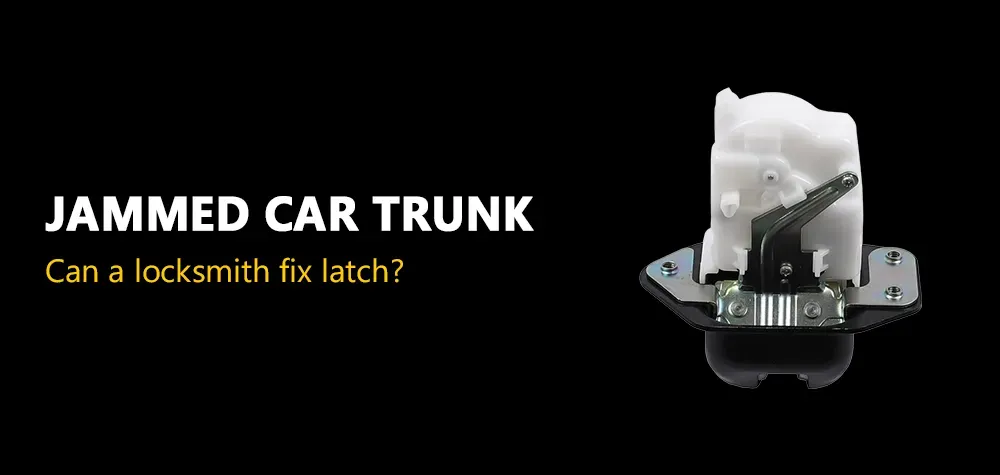Choosing the Right Interior Door Locks for Security Needs
This is a subtitle for your new post
When it comes to securing our homes and businesses, the importance of choosing the right interior door locks cannot be overstated. As experts in security solutions, we understand the critical role that interior door locks play in keeping our properties safe from unauthorized access and intrusions. Whether it's protecting our families, valuables, or sensitive information, selecting the appropriate door locks is essential for maintaining peace of mind and ensuring the security of our premises.
In this comprehensive guide, we will delve into the key factors to consider when choosing interior door locks to meet your security needs. From deadbolt locks to knob locks and lever handle locks, we'll explore the various types of locks available and discuss their respective advantages and disadvantages. Additionally, we'll examine important security features such as grade ratings, key control, and durability, empowering you to make informed decisions when selecting door locks for your home or business.
With our expertise and guidance, you'll gain valuable insights into the world of interior door locks, enabling you to enhance the security of your property and protect what matters most. Let's embark on this journey together to ensure that your interior spaces are safeguarded against potential threats, providing you with the peace of mind you deserve.
Types of Interior Door Locks
Deadbolt Locks
Deadbolt locks are renowned for their robust security features. They consist of a solid metal bolt that extends into the door jamb when engaged, providing excellent resistance against forced entry attempts. Deadbolts come in two primary types: single-cylinder and double-cylinder. Single-cylinder deadbolts are operated using a key from the exterior and a thumbturn from the interior, while double-cylinder deadbolts require a key for both sides, offering enhanced security but also posing potential safety risks in emergency situations.
Benefits of Deadbolt Locks for Interior Security
Deadbolt locks are highly effective at preventing unauthorized access to interior spaces, making them ideal for securing entry points such as front and back doors. Their sturdy construction and reliable locking mechanisms provide a formidable barrier against intruders, giving homeowners and business owners peace of mind knowing that their properties are well-protected. Additionally, deadbolt locks are available in various designs and finishes to complement any interior décor, ensuring both security and aesthetic appeal.
Knob Locks
Knob locks are one of the most common types of interior door locks found in residential and commercial settings. They feature a cylindrical lock mechanism housed within a knob-shaped casing, with a keyhole typically located below the knob on one side of the door. Knob locks are primarily designed for convenience and ease of use, allowing occupants to lock and unlock doors with a simple twist of the knob. However, they are generally less secure than deadbolt locks due to their exposed keyway, making them susceptible to manipulation and forced entry techniques.
Pros and Cons of Using Knob Locks for Interior Doors
One of the main advantages of knob locks is their user-friendly design, which makes them suitable for interior doors where high levels of security are not a primary concern. Knob locks are also available in a wide range of styles and finishes, making them versatile and adaptable to various décor preferences. However, their inherent vulnerabilities, such as being prone to picking and bumping, make them less suitable for exterior doors or areas requiring enhanced security measures. Additionally, knob locks may not meet certain building code requirements for certain applications, necessitating the use of more secure locking solutions.
Lever Handle Locks
Lever handle locks are another popular choice for interior door security, offering a combination of functionality, accessibility, and aesthetics. Unlike knob locks, which require grasping and twisting to operate, lever handle locks feature a lever-shaped handle that can be easily pushed down or lifted up to engage or disengage the lock. This design makes lever handle locks particularly suitable for individuals with limited dexterity or mobility, as they require less manual effort to operate. Additionally, lever handle locks come in a variety of styles and finishes, allowing for seamless integration with any interior design scheme.
Suitability of Lever Handle Locks for Interior Security
Lever handle locks are well-suited for interior security applications where ease of use and accessibility are paramount considerations. Their ergonomic design and intuitive operation make them ideal for use in residential settings, office buildings, healthcare facilities, and other public spaces where occupants may have diverse needs and preferences. Lever handle locks are also available with various security features, such as keyless entry options, built-in alarms, and ADA-compliant designs, ensuring both convenience and peace of mind for users. However, it's important to choose high-quality lever handle locks with robust construction and reliable locking mechanisms to maximize security and durability.
Choosing the Right Interior Door Locks
When choosing interior door locks, several factors should be taken into account to ensure they meet your security needs and preferences. These factors include:
- Security Level: Determine the level of security required for the specific interior door. For example, high-traffic areas or rooms containing valuable items may benefit from more secure locking mechanisms like deadbolts.
- Functionality: Consider how the door will be used and who will be using it. Lever handle locks are ideal for spaces requiring frequent access, while deadbolts offer enhanced security but may be less convenient for everyday use.
- Aesthetics: Select interior door locks that complement the overall décor and style of the space. Choose from a variety of finishes, designs, and hardware options to achieve a cohesive look throughout your property.
- Durability and Reliability: Invest in interior door locks made from high-quality materials and featuring reliable locking mechanisms to ensure long-term performance and peace of mind.
- Code Compliance: Ensure that the chosen door locks meet relevant building code requirements and regulations for your area, especially in commercial or public buildings.
Installation and Maintenance Tips
Proper Installation Procedures
Follow manufacturer instructions and guidelines when installing interior door locks to ensure proper alignment, fit, and functionality. Use the appropriate tools and hardware for the job and make any necessary adjustments to ensure a secure and reliable installation.
Regular Maintenance Practices
Maintain interior door locks regularly to keep them in optimal working condition. This includes lubricating moving parts, tightening loose screws or hardware, and inspecting for signs of wear or damage. Address any issues promptly to prevent potential security vulnerabilities or operational problems.
Security Features to Consider
Grade Ratings
The lock grading system, such as ANSI grades, provides a standardized method for assessing the durability and performance of locks. Grades range from Grade 1 (highest) to Grade 3 (lowest), with Grade 1 locks offering the highest level of security and durability. It's crucial to choose interior door locks with high-grade ratings to ensure optimal security and protection against potential threats.
Key Control
Key control features play a significant role in interior door lock security by limiting unauthorized access and preventing key duplication. Restricted key systems, which use patented keyways and controlled distribution of keys, offer enhanced security by restricting access to authorized individuals only. Investing in locks with robust key control features can help safeguard your property and assets effectively.
Durability and Material
When selecting interior door locks, consider the durability and material used in their construction. Solid brass and stainless steel are popular choices known for their strength, corrosion resistance, and longevity. The material choice directly impacts the security and lifespan of interior door locks, making it essential to opt for high-quality materials that can withstand wear and tampering attempts.
Additional Security Measures
Reinforcement Hardware
Reinforcement hardware, such as strike plates and door jammers, plays a vital role in enhancing the security of interior doors. These devices reinforce weak points in door frames and prevent forced entry attempts by reinforcing the locking mechanism. Integrating reinforcement hardware with interior door locks adds an extra layer of protection and enhances overall security measures.
Smart Lock Technology
Smart lock technology offers advanced security features and benefits for interior door locks. These locks can be controlled remotely via smartphone apps, allowing homeowners to monitor and manage access to their property from anywhere. Integration with home security systems provides additional functionalities such as real-time alerts and activity logs, enhancing overall security and peace of mind.
Conclusion
Selecting the right interior door locks is essential for maintaining security and peace of mind within your property. By understanding the different types of locks available and considering factors such as security level, functionality, aesthetics, durability, and code compliance, you can choose the best options to meet your specific needs. Additionally, proper installation and regular maintenance are crucial for ensuring the ongoing effectiveness and reliability of your interior door locks. With the right locks in place and proper care and maintenance, you can enhance security and protection throughout your property while maintaining functionality and aesthetic appeal.
Call Us Any Time!









